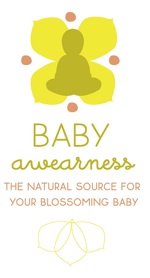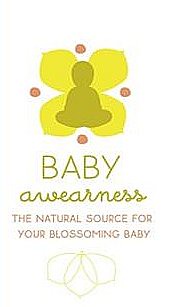Distilled White Vinegar: The acidity in vinegar makes it an effective germ-killer and ultimate all-purpose cleaner.
- Use full-strength as a mirror and glass cleaner.
- Use to clean tubs, showers, toilets, countertops and floors.
- Spray on mildew or put a vinegar-soaked rag on a mildewed spot and leave on for a few minutes. (Stains left behind by mildew can be cleaned with hydrogen peroxide, but test a small area first)
- Use 1 part water and 1 part vinegar to spray in the air to dispel odors.
- Dissolve mineral deposits from faucets and fixtures with a vinegar-soaked rag, held in place with rubber bands. Let sit for a few minutes up to a few hours, then wipe with a wet cloth and dry with a clean cloth.
Baking Soda: a mild abrasive when mixed with a little bit of water to form a paste that is great for scrubbing stubborn stains and grime. Baking soda is also well known for reducing odors.
- Sprinkle baking soda in the bottom of your garbage pail to absorb odors.
- Safely scrub your sink with baking soda and water. Stains can be cleaned from porcelain with hydrogen peroxide by pouring over stain and rinsing immediately.
- Fix sluggish drains by pouring ½ cup of baking soda down the drain and chase it with a cup of white vinegar. When fizzing stops flush it with very hot water.
- Clean pet (or toddler) accidents from mattresses by dampening spot with vinegar and water then pour on baking soda and rub it in well. When dry, vacuum up the dried baking soda.
Make your cleaning routine even greener by ditching the paper towels in favor of reusable rags. Thicker washcloths will work great for everyday housekeeping like wiping the counters, floors and cabinets and will last a long time. Old t-shirts, socks and underwear can be used for the dirtier jobs (like greasy messes) where you can have the option to toss them when you’re done. (HS)
References: Green Housekeeping by Ellen Sandbeck




 />
/>
No comments:
Post a Comment